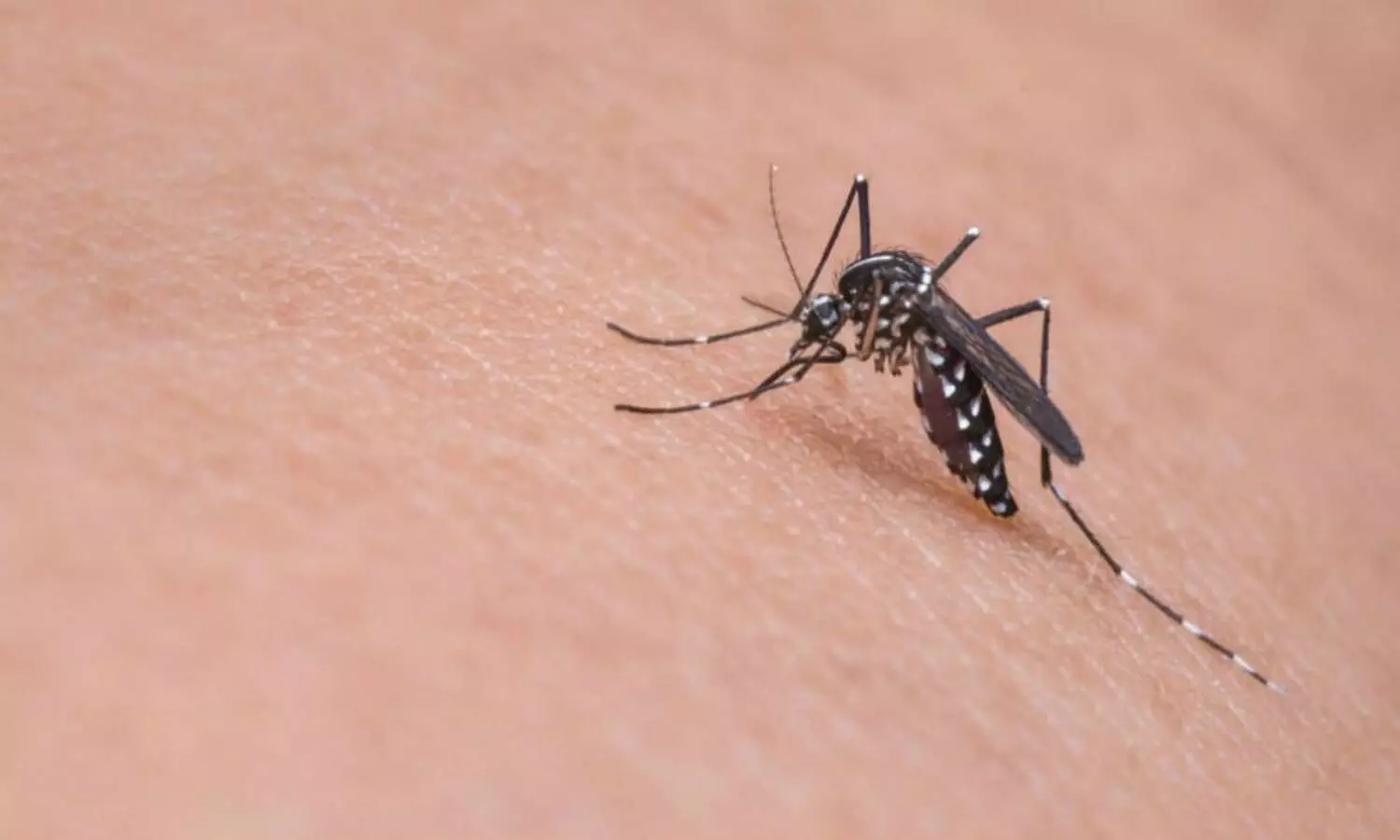Forget Covid; dengue, malaria gave sleepless nights to Telangana last year
Telangana Health Department said the highest of 1543 dengue cases were reported from Hyderabad last year.
By Sumit Jha
Hyderabad: Forget Covid, Telangana reported 7,030 cases of dengue and 873 cases of malaria in 2021. Telangana Health Department said the highest of 1543 dengue cases were reported from Hyderabad last year.
Khammam reported the second-highest 944 cases, Mahabubnagar reported 446 cases, Rangareddy reported 445 cases. The lowest number of dengue cases was reported from the Mulugu district.
Of a total of 873 Malaria cases, 353 were reported from Bhadradu Kothagudem followed by 201 in Mulugu. Hyderabad reported 31 malaria cases in 2021.
It should be also mentioned that the Breteau Index of Hyderabad was 25.1, the highest in the state. Breteau Index tells us the number of positive containers per 100 houses inspected, infested with larvae or pupae of mosquito.
Breteau Index in Mahabubnagar was 19.4 while in Siddipet it was 18.3. During the monsoon season, Breteau Index sees a rise due to the stagnation of water. During August, the index was 44 in Hyderabad.
The extended seasonal rains have created ideal conditions for mosquito breeding, which triggered cases of dengue in large numbers, Dr. G Srinivasa Rao, Director of Public Health had said in October last year.
In August, there were 1,720 dengue positive cases reported in Telangana while between September and October 4, the number of dengue cases shot up to 2,500 with 60 percent of them reported from GHMC and surrounding districts.
This year till January 12, the state has reported 22 cases of dengue and 5 cases of Malaria. Five cases of dengue in Hyderabad, four each in Karimnagar, Pedapally, and Sircilla have been reported. Out of five Malaria cases, four have been reported in Mulugu, while one in Bhadradri Kothagudem.
The state took some of the preventive measures to control the outbreak of vector-borne disease which include indoor residual spray, the release of Gambusia fish in stagnant water bodies.
An awareness campaign was also launched to urge people to ensure water does not stagnate in empty or broken vessels, tyres, or any other container. The stagnant water acts as breeding grounds for mosquitoes.
The state also took active and passive surveillance of malaria. The staff would visit high-risk areas. Medical camps were organized for the early detection and treatment of vector-borne diseases.